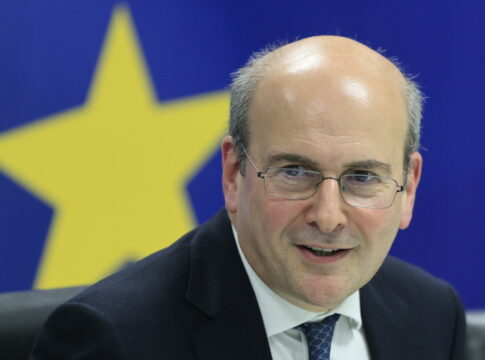The penetration of optical fiber networks to homes and businesses (FTTH) dominated the interview of the president of the Hellenic Telecommunications and Posts Commission (EETT), Konstantinos Masselos, to “Naftemporiki”.
Among other things, he stressed the need to promote technologies that utilize the existing cabling infrastructure and ensure the quality of the optical fiber service, in order to avoid subscriber disruption. At the same time, he found it necessary to support – subsidize demand, especially in this difficult financial situation for households.
Citing the relevant data, he noted that Greece is doing well in mobile telephony. However, this is not the case with the fixed telephony. Greece needs to do a lot to reach the goals set at the level of the European Union. More specifically, “to reach 1 Gbps connections everywhere is equivalent to the connection of the Greek countryside with electricity in 1960.”
The president of EETT also cited the latest data from EETT regarding the prices of telecommunication services and stressed the need for a further reduction in tariffs. However, he stated that he is satisfied with the improvement that has been achieved in recent years, and explained the importance of the Digital Services Act, which is to be implemented in our country as well.Comparing the data of the second half of 2017 with those of the first half of 2023 in mobile communications we see a decrease of 86% in the average cost per gigabyte, 10% in the average cost per minute and 48% in the average cost of SMS.
EETT’s 2022 figures also show a significant price reduction for high data usage packages (46% for mobile packages with 20 GB) compared to 2021.
Masselos also talked about the evolution of the regulation of telecommunications providers in Europe, the investment gap for electronic communications networks, the so-called “fair share” issue, the new Digital Services regulation Act, microsatellite technology, but also for the need for the EU and Greece to invest in modern trends in the semiconductor sector.














